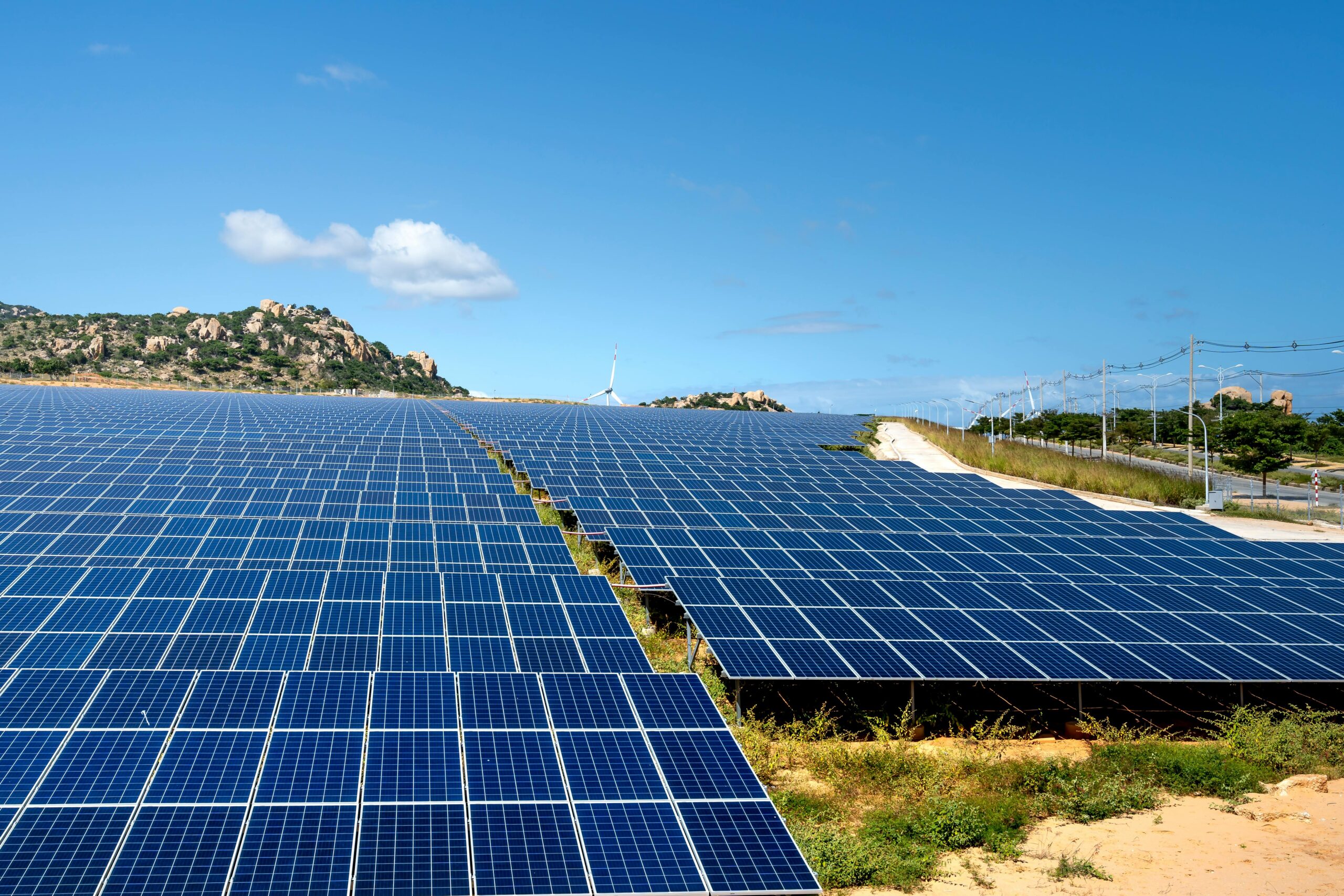
Would you like to install solar panels for your business? Does the thought of increased energy efficiency and environmental sustainability appeal to you? If so, a solar lease could be right up your alley.
In this guide, we’re going to talk about those solar purchases and leases, and we’ll also touch on another payment option called solar PPAs. You’ll feel confident and informed about the difference between solar purchases vs. solar PPA vs. lease plans and which option is best for you and your business.
Solar Purchase
What is solar purchasing? It’s simple; you pay upfront costs for your solar system. Purchasing makes sense if you’re wincing about paying huge sums for solar panels. Given that solar panels last 25 years or more, waiting around five years to break even is a good idea if you’ve got patience.
Another great aspect of solar purchasing is saving money that you’d otherwise have to spend on interest. Leases accrue interest, and interest rates for solar panels can be more than expected. However, there are even greater incentives associated with solar purchasing.
Additional Read: The Benefits of Solar Panels For Your Business
Federal, state, and local authorities rapidly expand rewards for business owners who install solar panels. For instance, you might be eligible for an IRS tax deduction known as the Modified Accelerated Cost Recovery System (MACRS); this deal makes it easier to regain your startup costs. Even better, the Federal Investment Tax Credit (ITC) can cut your overall costs by up to 30%. Once you’ve got your unit, you can reap massive rewards from selling Solar Renewable Energy Credits (SRECs) produced by your system’s output.
However, solar purchasing requires considerable capital. You can spend that money on another project or file it away in your savings for a rainy day. If that sounds like you, don’t fret; there are other options for you to consider.
Solar Lease
Signing a solar lease is simple: you write your name on a contract and agree to specific terms regulating your solar panels set out by your solar company. Although your terms might vary, you usually agree to pay a monthly payment over ten years. Of course, there’s a catch—interest.
You have to pay interest on your payments, usually 2-3%. In exchange for your payments, however, you get solar power. Your company will also tailor your lease so that it costs about the same or slightly more than what the system’s saving.
A solar leasing company usually offers two solar leases: capital and operating. Capital leases are much like your typical long-term loan; there’s a small buyout payment at the end of the term, but you pay everything else off over a set period. Operating leases, while more common, approach things differently.
Operating leases involve virtually no upfront capital, setting you toward owning your system within several years. With the right lease, You can save anywhere from 10% to 15% on your utility bills. Moreover, you can deduct your lease payments as operating expenses on your taxes.
Are you interested in those massive tax savings mentioned earlier? With solar leases, you can still reap those rewards. However, it might take longer than expected, and you’ll lose some due to interest rate payments.
Solar Power Purchase Agreement
Many business owners read about these financing plans and encounter a strange term: power purchase agreements, or PPAs. Despite what you might think, PPAs are somewhat different from solar leases.
As stated, when you lease solar panels, you pay every month; this isn’t the case with PPAs. With a PPA, you buy a solar system’s power instead of the system itself. On paper, this seems like an incredible deal. What could go wrong with no responsibility for repairs, little maintenance, and a fixed-rate energy deal?
PPAs end up costing you more than you’d expect. For starters, you’re locked in a contract for 20 to 25 years, which will increase by 2-3% a year. And if you want to sell your business, you must convince your client to take on the contract, as it comes with the property by default.
Business owners with a uniquely short-term outlook might prefer a PPA. Your mileage will vary depending on the contract, but it’s not uncommon for business owners to save anywhere from 20-25% on energy costs with a PPA. Whether that’s worth a binding contract is up to you to decide.
Solar Purchase vs. Solar Lease: Pros and Cons
Now that you understand how solar purchases and leases work, you might ask: which one works best for me? When considering whether to lease vs. buy solar, you’ve got to consider each type’s pros and cons.
Above all else, solar purchases give you ownership of a solar system in exchange for a lump sum. For many business owners, that in itself is enough of a reason to go with purchasing. However, with solar purchasing, you also get greater tax credits and rebate payoff, maximizing your energy savings over time.
Some of the cons of solar purchasing include having to pay that lofty upfront sum and the fact that you end up having to take care of your panels yourself. That being said, solar panel maintenance isn’t that difficult, and the only parts replacement you must do — most of the time — is replacing the solar inverter every 15 years or so.
If you’re keen on preserving your hard-earned money and using it on other great ideas, maybe leasing is best for you. You can keep that money for yourself in the short term, but you might lock yourself into a contract for up to 20 years.
Are you still thinking about those PPAs mentioned earlier on? PPAs are much like leases but on a larger scale. You have to sign a long contract but get some short-term benefits.
Factors to Consider Before Financing Your Solar Panels
Here are some critical things that you must think about before deciding between purchasing and leasing solar panels:
- Financial situation
- Business size
- Owning vs. selling
- Energy needs
- Long-term vs. short-term thinking
Additional Read: 10 Reasons You Can Afford Solar Power
Contact Verde Solutions Today!
Verde Solutions has years of experience helping business owners sign solar leases and contracts. We’re keen on helping you maximize your savings by lowering your utility bills. Call us at (800) 541-1137 today!

